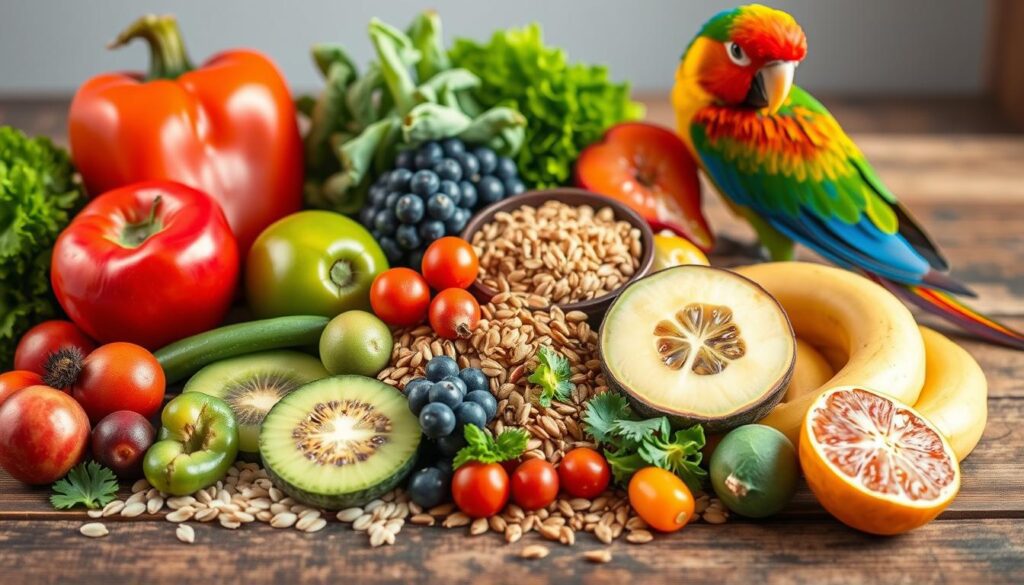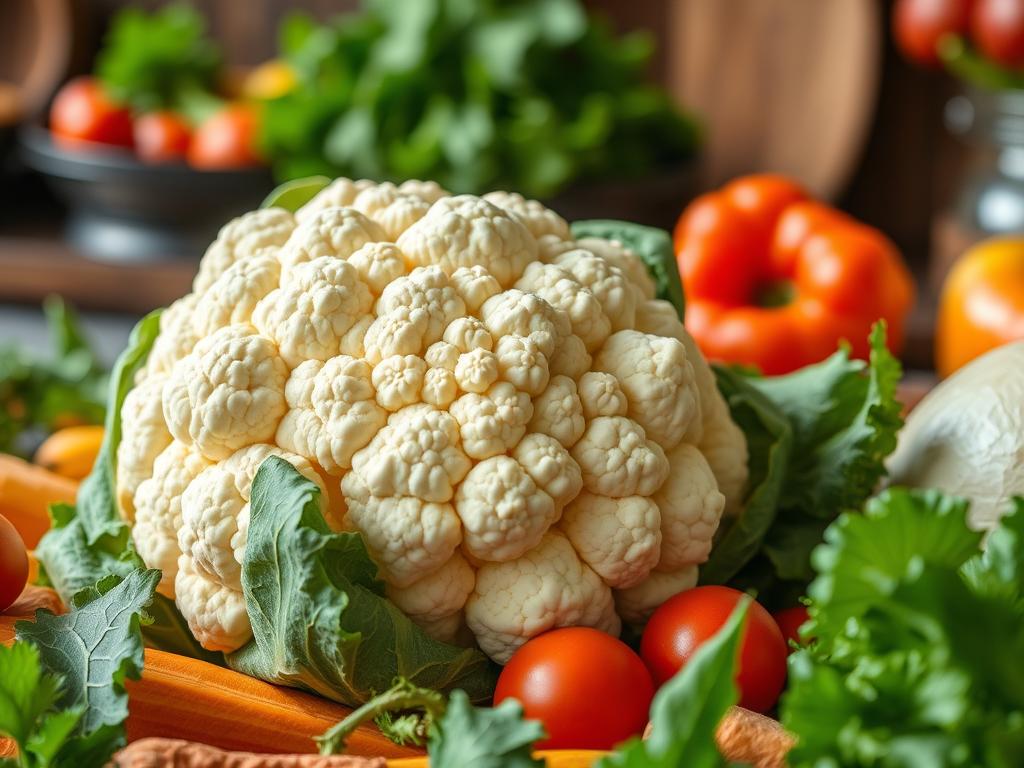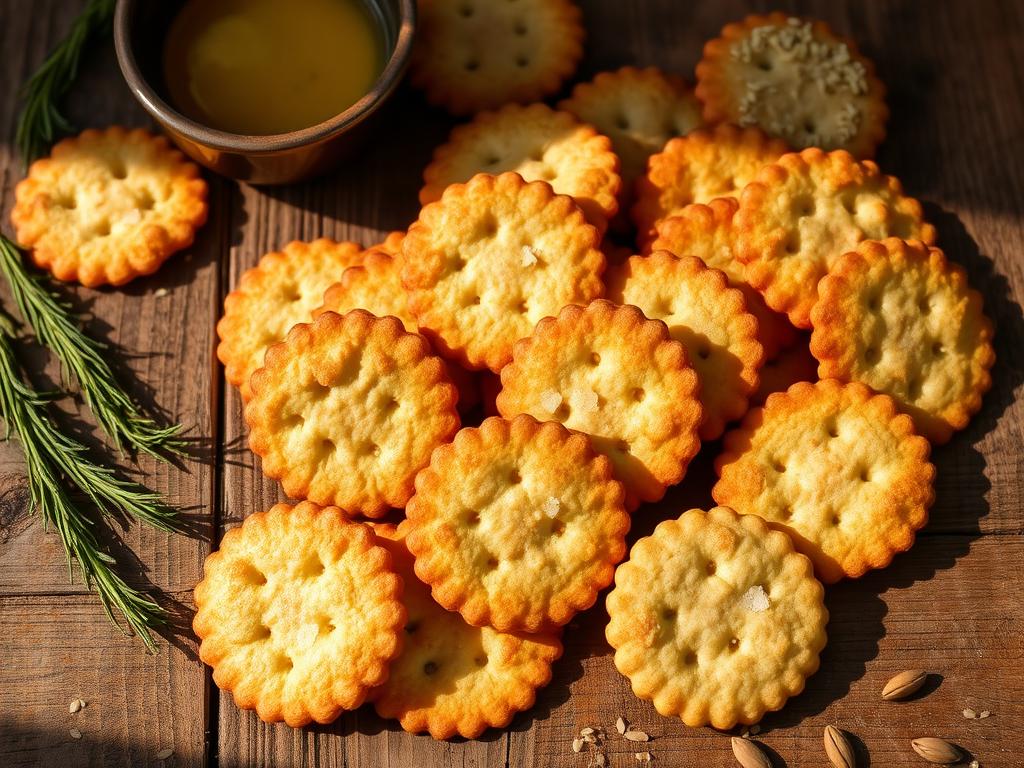Imagine watching your pet bird flit about its cage, vibrant feathers catching the light as it chirps happily. Yet, despite this joyful scene, you might feel a twinge of concern regarding your feathered friend’s diet.
Like many pet owners, you may unknowingly be serving an all-seed diet, believing it mirrors what wild birds consume. Unfortunately, this doesn’t provide Optimal Pet Bird Nutrition.
Veterinarians caution that an unbalanced diet not only leads to a disinterested bird but can also cause serious health issues. Poor nutrition is linked to up to 90% of avian diseases, emphasizing the importance of providing Optimal Pet Bird Nutrition.
In this guide, we’ll explore the world of Optimal Pet Bird Nutrition, diving into food types, essential nutrients, and products designed to ensure your beloved companion thrives. With the right knowledge, you can create a diet that supports your bird’s health and happiness.
Key Takeaways
- Understanding your pet bird’s dietary needs is crucial for its health.
- Balanced diets should include pellets, fresh fruits, and vegetables.
- Many birds require dietary supplements for optimal growth and health.
- Fresh water is essential and should be changed daily.
- Avoid feeding your bird toxic foods to ensure their wellbeing.
- Healthy snacks should only make up about 10% of your bird’s diet.
Understanding Your Pet Bird’s Nutritional Needs
Meeting the nutritional needs of pet birds is vital for their overall health and well-being. Different species have unique dietary preferences and requirements, making it essential to understand these aspects to avoid health complications. A well-balanced diet consists of essential nutrients such as proteins, fats, vitamins, and minerals, which are crucial for maintaining good health. Paying attention to the common nutritional requirements will help in preventing most dietary-related issues.
Common Nutritional Requirements
Good nutrition is essential for the health maintenance of pet birds. A pelleted diet should provide about 60-80% of a pet bird’s diet, ensuring they receive balanced nutrition. Brands such as Harrison’s, Kaytee (Exact), and Zupreem offer specially formulated pellets designed for pet birds. Birds on a seed-based diet need a daily supplement containing additional vitamins, minerals, and amino acids. Introducing fruits and vegetables enriches their diet, promoting better health and vitality.
Differences Among Bird Species
Understanding the differences in nutritional needs among bird species is essential for achieving Optimal Pet Bird Nutrition. For instance, parrots often require higher fat and protein compared to smaller birds like canaries, who primarily thrive on seeds but also benefit from fresh produce.
Parakeets need a balanced diet of seeds, pellets, fruits, and vegetables to maintain a healthy weight, aligning with Optimal Pet Bird Nutrition principles. Young birds require extra protein and calcium for growth, while elderly birds benefit from lower-calorie diets rich in calcium to support bone health.
Tailoring diets to meet these distinct needs ensures vibrant, active pets while preventing potential health issues, making Optimal Pet Bird Nutrition a cornerstone of avian care.
Signs of Nutritional Deficiencies
Recognizing signs of nutritional deficiencies is crucial for early intervention. Changes in a bird’s stool, decreased appetite, or fluffed feathers may signal dietary imbalances. Other visible signs include weight loss and reduced vocalization or activity. Observing behaviors like feather plucking can indicate overnutrition, leading to health complications. Regular check-ins with an avian veterinarian can help in customizing your pet’s diet, keeping them healthy and happy.
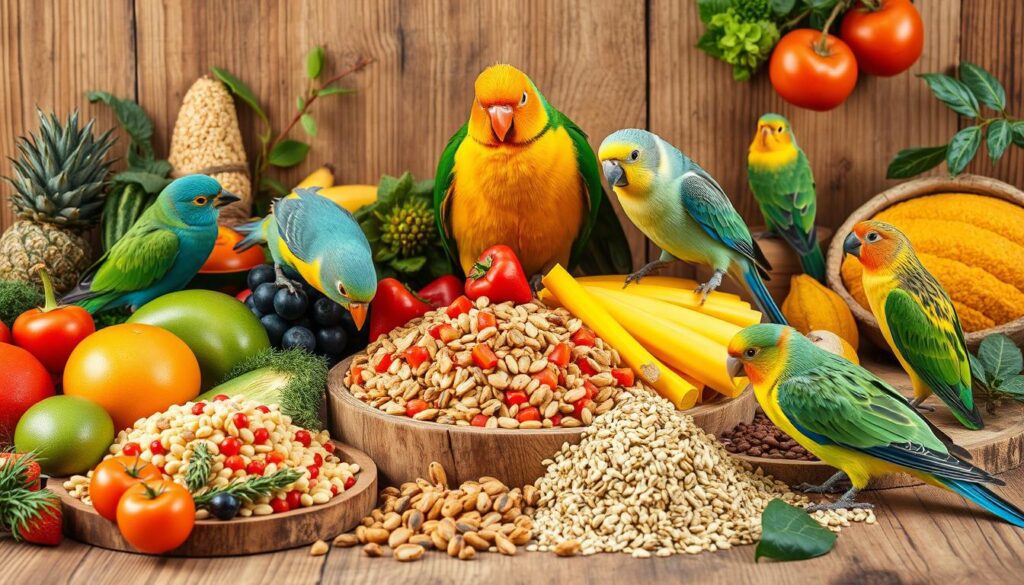
Types of Bird Food: Pellets, Seeds, and More
Understanding the various types of bird food aids pet owners in selecting the best pet bird diet for their feathered friends. The primary categories include pelleted diets, seed mixes, and fresh foods. Each type comes with its unique benefits and shortcomings, making it vital to balance these elements in your bird’s nutrition.
Pelleted Diets: Benefits and Drawbacks
Pelleted diets form the cornerstone of Optimal Pet Bird Nutrition. These specially formulated foods provide essential vitamins, minerals, and nutrients, making them ideal for 60-70% of your bird’s overall intake.
Brands like Lafeber offer diverse options that integrate seeds and pellets, catering to various palates while promoting Optimal Pet Bird Nutrition. Transitioning your bird to pellets may take time, especially if they are accustomed to a seed diet, but the effort is worthwhile.
Observing another bird eat pellets can encourage your feathered friend to accept this healthier option, ensuring better adherence to Optimal Pet Bird Nutrition guidelines for long-term health and happiness.
Seed Mixes: Pros and Cons
Seed mixes are often popular for their visual appeal. Yet, they are typically high in fats and carbohydrates and should only constitute up to 10% of a pet bird’s diet. Seeds can lead to health problems like obesity and heart disease, especially in larger birds. Small birds may enjoy occasional seeds as treats, but moderation is critical to maintaining their health.
Fresh Foods: Fruits and Vegetables
Integrating fresh fruits and vegetables into your bird’s diet is crucial. These items provide hydration and essential nutrients, forming about 20-30% of their overall intake. Options like apples, bananas, and leafy greens offer vital health benefits that improve overall vitality. Mixing fresh foods with pellets creates a diverse and appealing diet for your bird. Exploring bird diet tips can help ensure your pet receives adequate nutrition and variety.
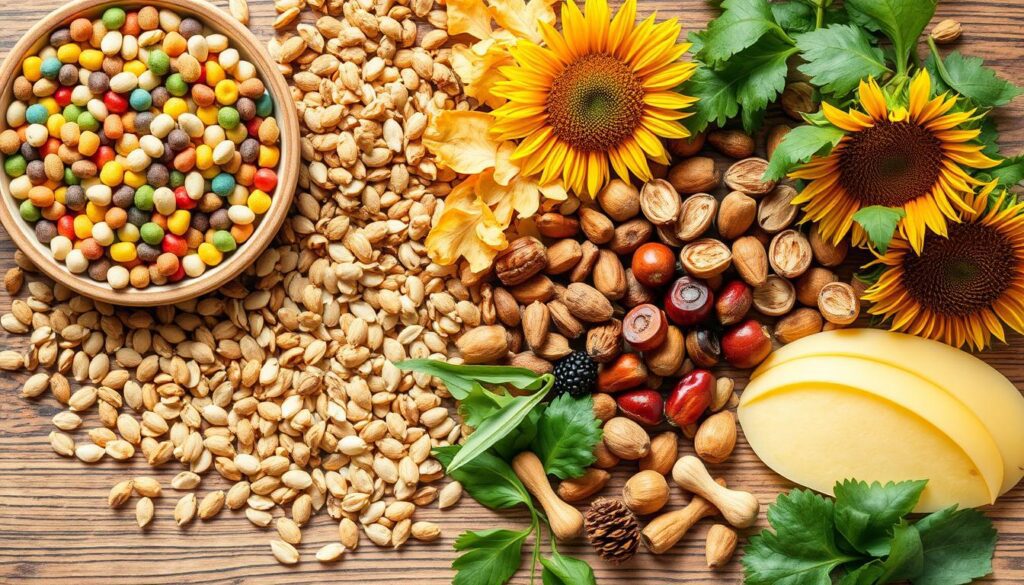
Essential Nutrients for a Balanced Diet
A balanced bird diet is crucial for your pet’s health and longevity. Providing healthy food for pet birds involves incorporating a variety of essential nutrients that support their well-being. Understanding what these nutrients are will help you create a dietary plan that meets your bird’s needs.
Protein: Why It Matters
Protein plays a significant role in growth, feather production, and overall health. Birds need quality protein sources for tissue repair and muscle development. Including items like cooked eggs, legumes, and certain seeds can contribute to a balanced bird diet. The right amount of protein is necessary to ensure your bird thrives.
Fats and Carbohydrates: The Right Balance
Fats provide energy, yet it’s vital to offer them in moderation. For instance, sunflower seeds, which contain 49% fat, should only be given sparingly to avoid weight gain. Carbohydrates, particularly from whole grains and legumes, serve as an essential energy source. Incorporating these into your bird’s menu fosters a varied nutritional intake, essential for maintaining a healthy lifestyle.
Vitamins and Minerals: A Vital Role
Many vitamins and minerals are crucial for maintaining your bird’s physiological functions. A diet lacking essential nutrients for birds can lead to severe health issues, including metabolic bone disease. Fresh fruits and vegetables enhance your bird’s diet, providing vital vitamins and antioxidants. Strive to create a diversified diet that includes these key nutritional elements for your feathered companion.
The Importance of Fresh Water
Providing adequate hydration for pet birds is undeniably crucial for their wellbeing. Approximately 75 percent of a bird’s body comprises water, making it essential for maintaining their health. An adult bird requires enough water to replace about 5 percent of its body weight daily. Each species may have different needs based on factors such as size, diet, and the environment they inhabit. Ensuring access to fresh water for birds at all times prevents dehydration, which can result in serious health concerns.
How Much Water Does Your Bird Need?
Understanding the specific hydration needs of your pet bird can significantly impact their health. Generally, providing fresh water daily is crucial regardless of whether you use a bowl or a bottle. Regular changes are necessary since bacteria in water can double every two to three hours. Without proper cleaning, harmful organisms can thrive, potentially leading to infection. Ensuring birds receive sufficient fresh water promotes not only hydration but also their overall health.
Tips for Keeping Water Clean and Safe
To maintain a safe drinking environment, it’s essential to clean water containers thoroughly. Stainless steel dishes work best, as they are easy to disinfect and reduce bacterial growth. Changing the water daily prevents the introduction of harmful organisms. Always be vigilant, as even minimal salmonella exposure through contaminated water can lead to severe health issues. In caring for pet birds, establishing a routine for refreshing and cleaning their water supply contributes to their long-term vitality.
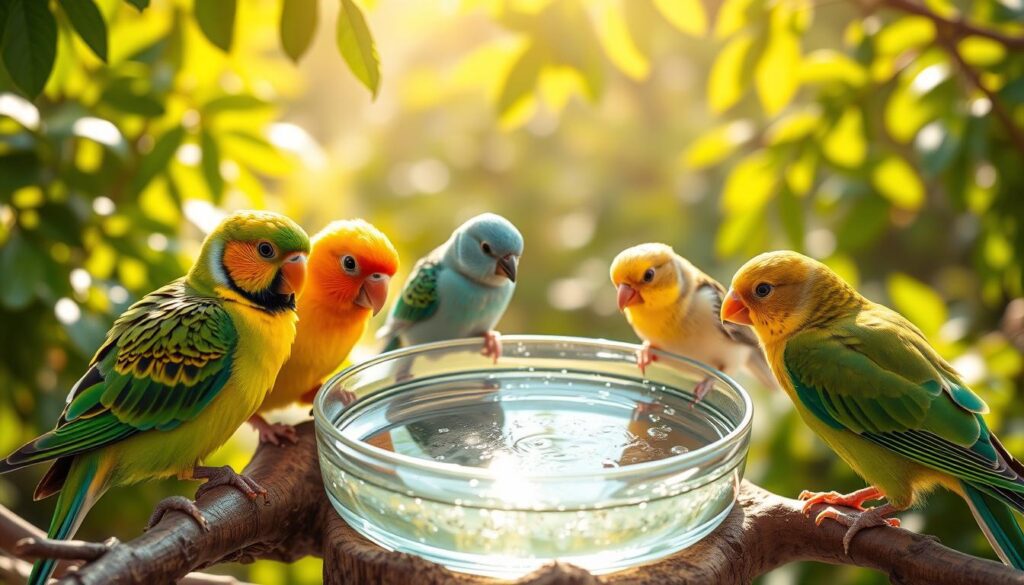
Foods to Avoid for Your Pet Bird’s Health
Maintaining the well-being of your pet bird involves being mindful of the foods you offer. Certain items can pose serious risks that compromise their health. Understanding the different categories of foods to avoid can be crucial in ensuring your feathered friend lives a long, vibrant life.
Toxic Foods: What Not to Feed
Among the most concerning are toxic foods for pet birds. Common offenders include avocado, which contains persin that can inflict serious heart and respiratory issues. Chocolate is another toxic treat, as it contains theobromine and caffeine, which can lead to severe gastrointestinal distress, increased heart rate, and even death. Additionally, be cautious with items like fruit pits and apple seeds, as they harbor a cyanide compound harmful to birds. Other toxic foods include onions and garlic, both of which can induce anemia and other health complications.
Processed Foods: Risks Involved
Processed foods often contain unhealthy additives that can lead to a variety of health issues. Items high in salt can upset fluid balance and result in kidney failure. Furthermore, xylitol, an artificial sweetener found in many diet products, can be particularly dangerous; it can cause hypoglycemia and liver damage due to birds’ unique metabolism. Even small amounts of caffeine pose risks, including heightened heart rates and potential cardiac arrest.
Allergens and Their Effects
Some birds may also react adversely to certain allergens. Common allergens can arise from grains and various nuts, which can lead to digestive upset. Peanuts, especially those in their shells, might harbor mold that is harmful to birds. Understanding these foods to avoid for your bird is vital in crafting a safe diet.
Treats and Snacks: Encouraging Healthy Eating
When considering *pet bird treats*, making informed choices is crucial for your feathered friend’s health. Healthy snacks for birds can include small portions of dried fruits, or specially formulated treats low in fat and sugar. Incorporating these options into a bird’s diet fosters encouraging good eating habits while making mealtime enjoyable.
Healthy Treat Options for Birds
Birds thrive on a balanced diet where treats constitute no more than 10% of their daily intake. The ideal composition includes 60% commercially-prepared bird food pellets, 30% fruits and vegetables, and just 10% for pet bird treats. Opt for nutritious treats such as pumpkin seeds, grapes, and healthy grains like quinoa. Fruits like banana, mango, or cherry add essential vitamins and nutrients.
The Role of Treats in Training
Treats are an effective tool in the training of parrots and parakeets. As they are motivated by rewards, using healthy snacks for birds during training sessions fosters a positive learning environment. These treats can also strengthen the bond between birds and their owners when provided after a nutritious meal, reinforcing trust and good behavior.
Moderation: How Much is Too Much?
While treats offer enjoyment and benefits, moderation is essential to prevent obesity and ensure a preference for more nutritious options. Consultation with an avian veterinarian helps monitor weight and nutrition, especially when introducing new treats. Consistent monitoring aids in maintaining overall health, addressing potential issues related to a poor diet, which could lead to vulnerability against infections.
Creating a Regular Feeding Schedule
Establishing a regular feeding schedule is vital for your pet bird’s overall health and well-being. Factors such as the bird’s activity level, age, and specific dietary needs should guide your feeding times. For active birds, larger portions may be necessary to fuel their energy, so it is important to customize your bird feeding schedule based on these criteria. A consistent feeding routine doesn’t just cater to nutritional needs; it also fosters a sense of security for your pet.
Factors to Consider for Feeding Times
Birds typically thrive on a structured timing system, often eating once in the morning and once in the evening. Engaging them in social activities such as games or training sessions can help in assessing the right timing as well. Additionally, after providing a meal, darkening the cage can encourage a calm environment, allowing your feathered friend to rest more comfortably at bedtime.
Adjusting Portions According to Activity
Observing your bird’s behavior will be key in adjusting their portions. During periods of heightened activity, such as playtime or exploration outside the cage, birds may need extra food. The balance of their diet should consist of healthy snacks making up no more than 10% of their daily intake. Regularly adjusting portions based on daily activities will contribute significantly to your pet bird nutrition plan’s effectiveness.
Monitoring Your Bird’s Weight and Health
Moreover, consistent monitoring of your bird’s weight and overall health allows you to adapt their diet as necessary. Regular weigh-ins can help identify any dramatic fluctuations that may indicate a dietary issue. Maintaining awareness of your bird’s nutritional intake—especially if they refuse to eat certain foods—ensures that they remain healthy and vibrant. For more insights on optimizing overall health, consider exploring resources on dietary supplements and nutrition balance, such as Vitamin D and its health benefits

